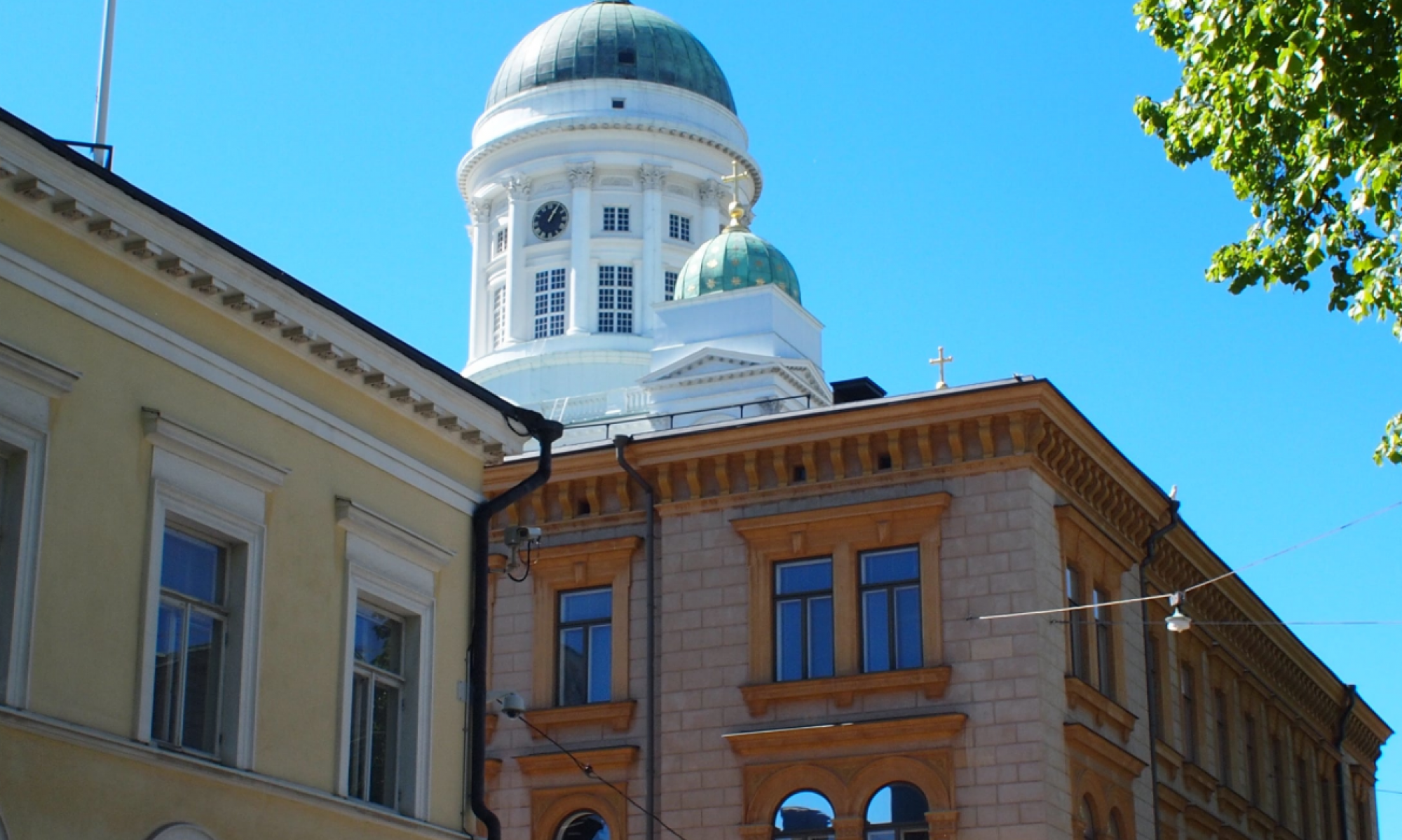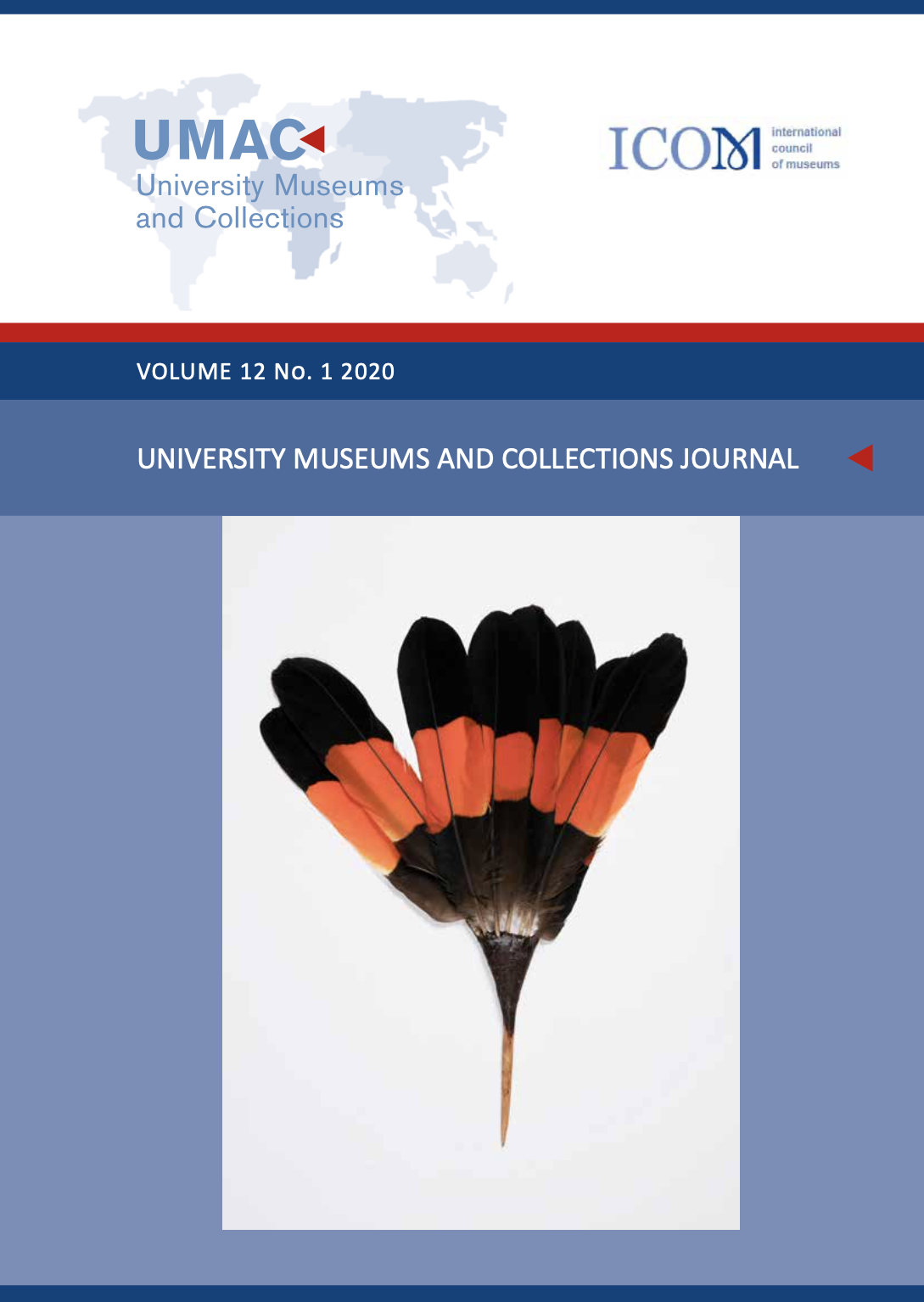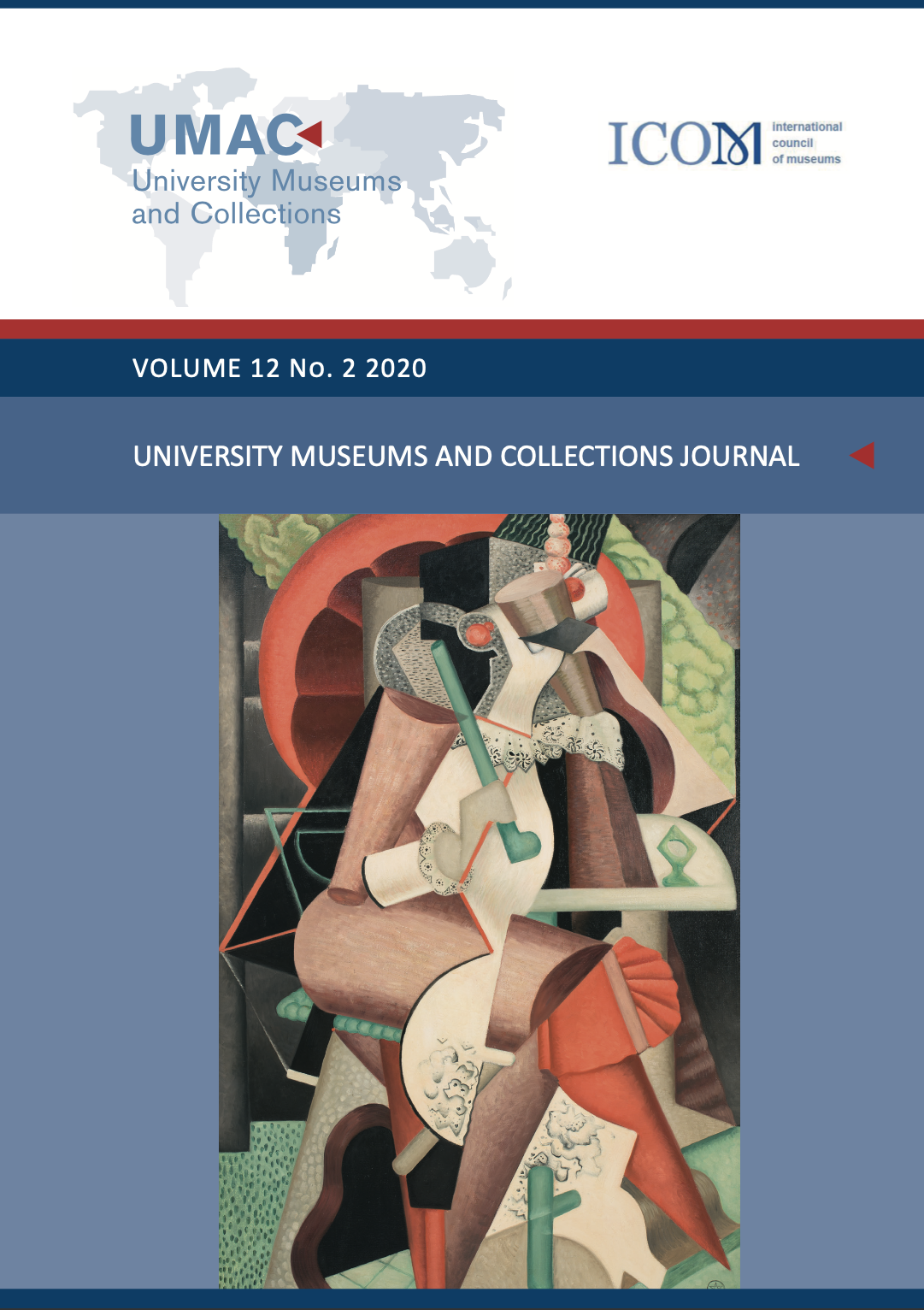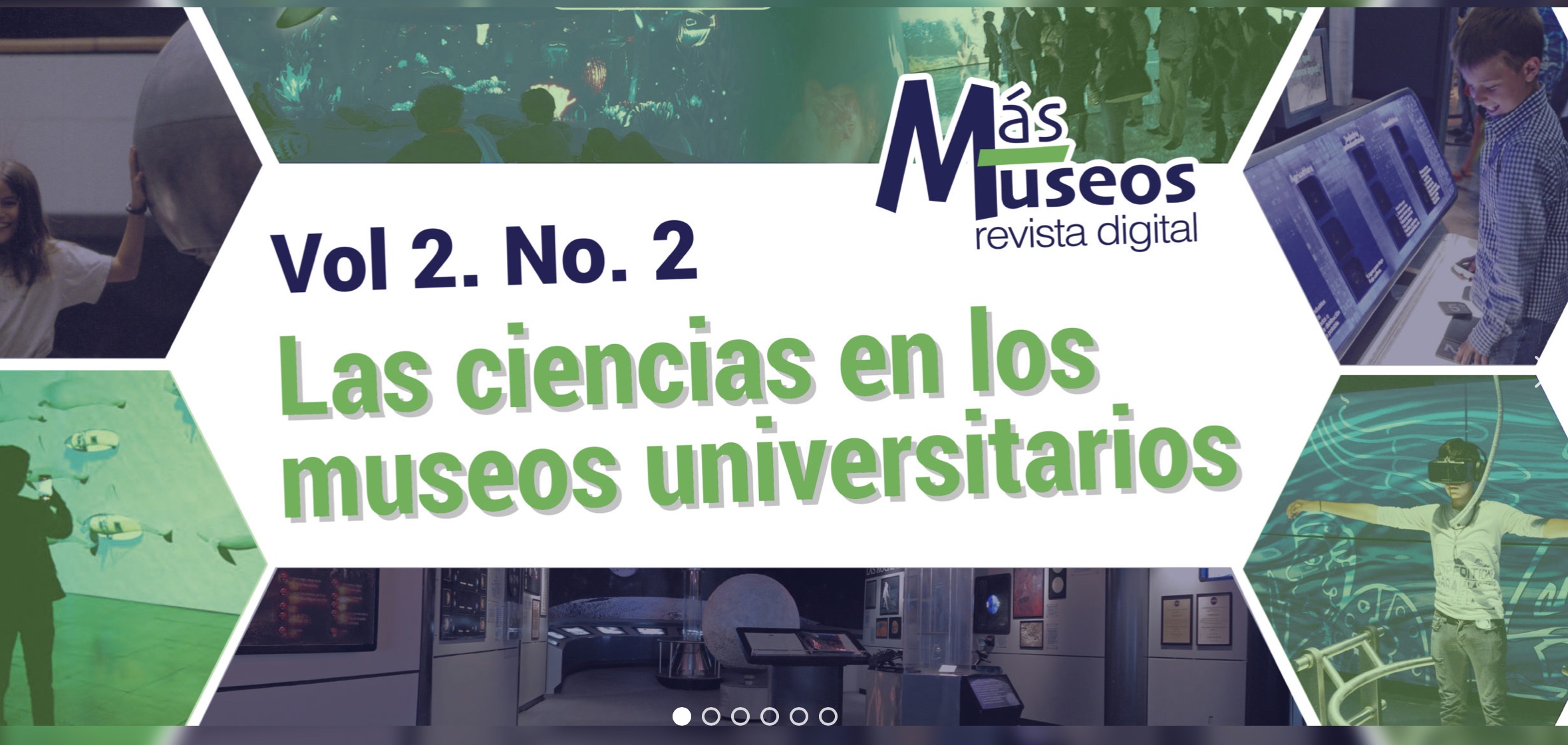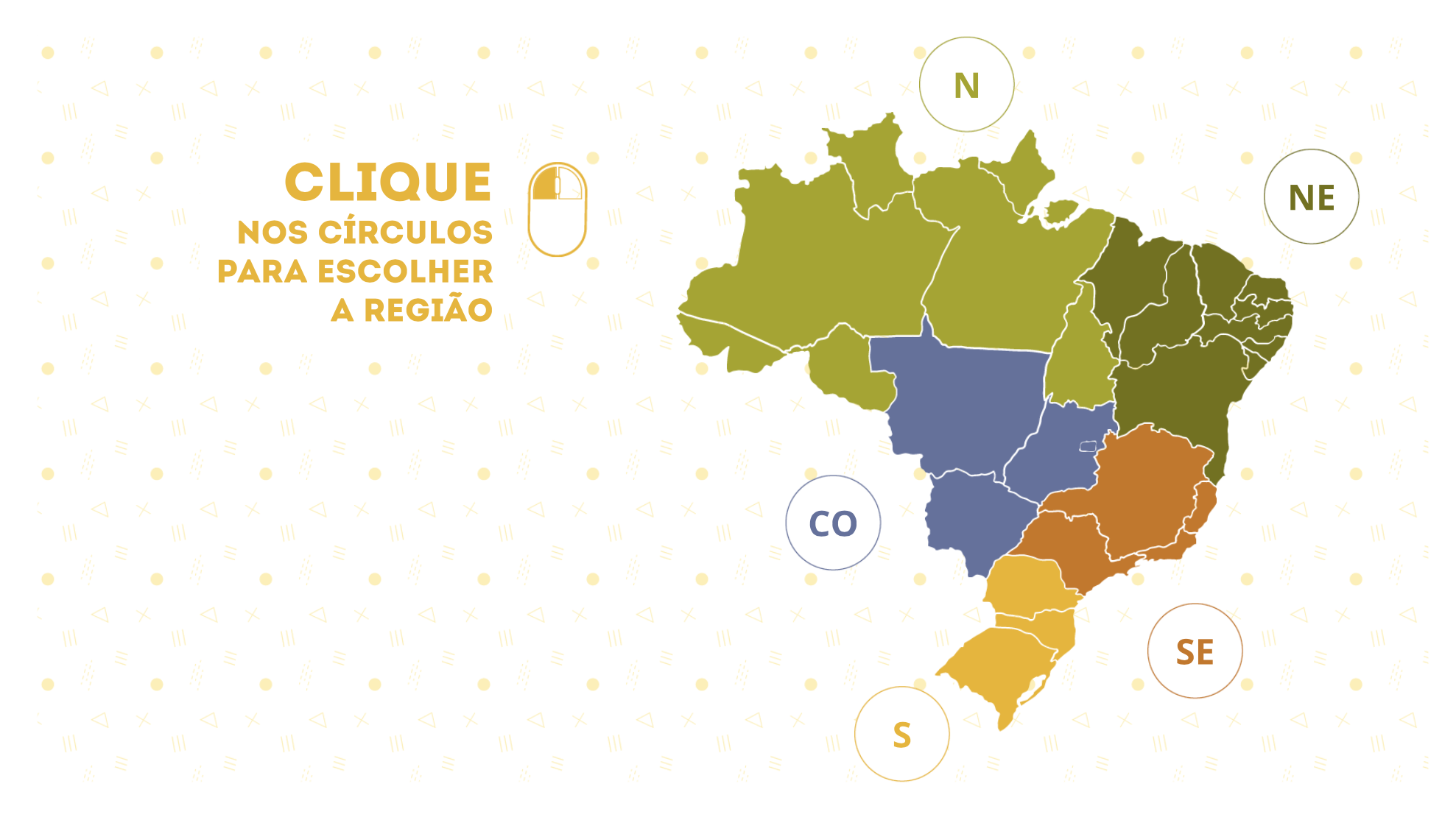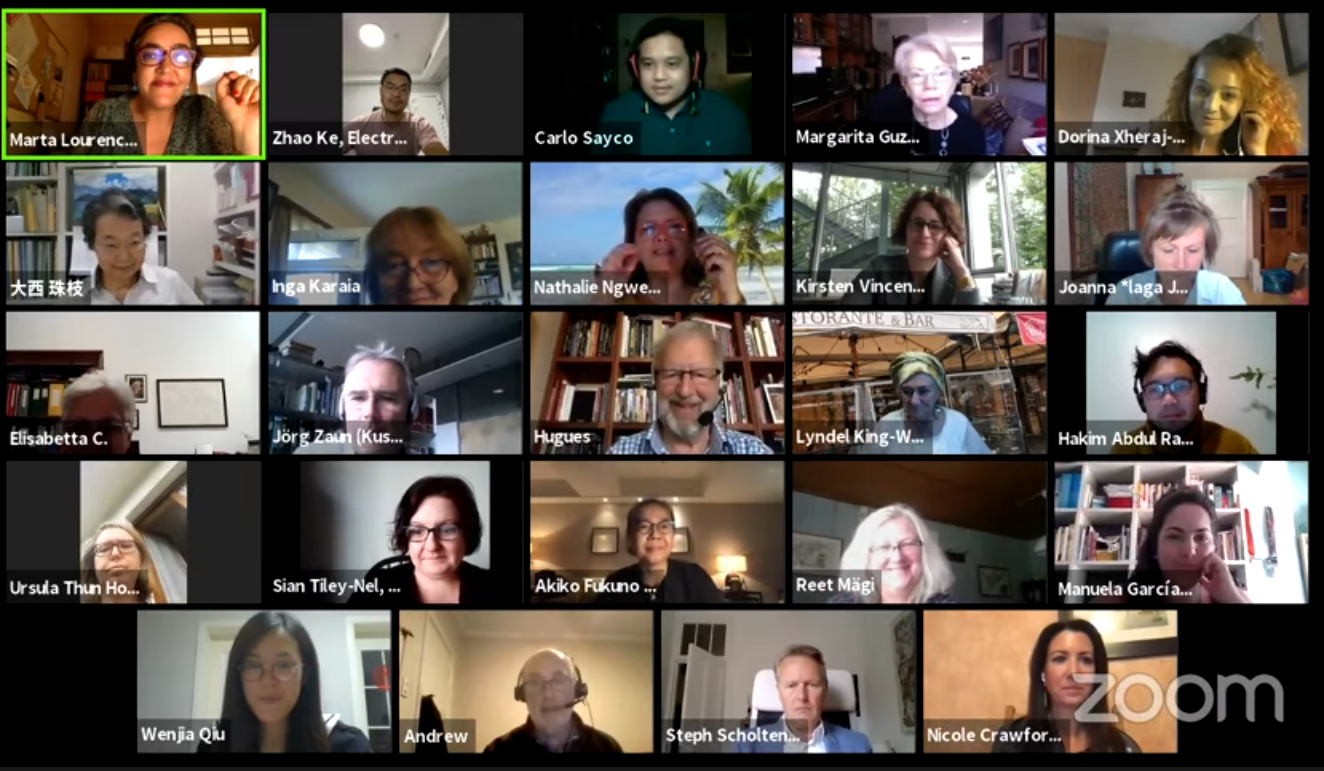
From December 21, 2020, applications for participation in the international online program for the exchange of professional experience between museum specialists of Russia and the UK CULTURAL CURRENT will be accepted. The program is implemented with the support of the Department of Culture and Education of the British Embassy in Moscow as part of the program UK-Russia Creative Bridge 2020-21.
The program is designed to activate the work of university museums and the communities around them. Using examples of the best museum practices in Russia and Scotland, we will consider the diverse possibilities of university museums, and through them universities as centers for the preservation and presentation of scientific and cultural heritage, centers of social change. The implementation of this program is a step towards increasing the openness and accessibility of university museums. The program will expand the sphere of influence of museums within universities, through universities to form the cultural and social agenda of cities and regions.
The program provides participants with the opportunity to:
– to establish professional contacts with leading experts of museum affairs of Russia and Scotland;
– share your own experience in implementing various projects and get instant feedback;
– develop strategic thinking, gain skills in setting and achieving goals;
– expand its sphere of influence within universities.
Organizers of the program: Tomsk Polytechnic University, Kazan (Volga Region) Federal University, Perm State National Research University together with the Association of University Museums of Scotland UMIS.
Co-organizers of the program: Department of Culture and Education of the British Embassy in Moscow.
Seminars of the CULTURAL CURRENT program will be held online on February 5, 11, 12 and 19, 2021. Participation in the program is free – you can join it as a speaker or listener. To do this, you must register by specifying the selected form of participation in the application. The organizers reserve the right to select participants.
The program is aimed at:
– managers and employees of university, corporate, and school museums who believe that difficulties harden and open up new opportunities;
– students who want to change, expand their social circle, find new topics for inspiration;
– volunteers who need to be in the museum and with the museum;
– researchers who are open to scientific and creative projects in partnership with university museums;
– anyone who understands how great and underestimated the potential of university museums in the world is.
Working language of The Program: russian and english.
Registration for the program:
– for those who want to participate in the program, registration will be open from December 21, 2020 to January 15, 2021 through this online form.
The number of seats is limited. All relevant information about the program and seminars will be provided in the program group on Facebook.
Curators of the program:
Lidia Lozovaya
Supported by:

